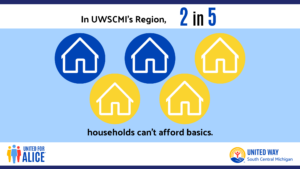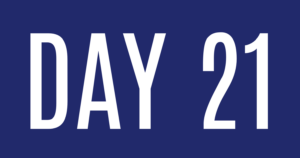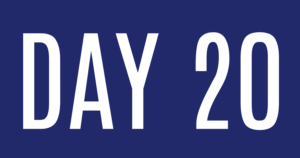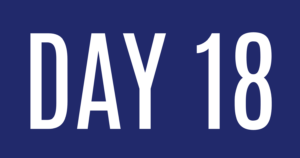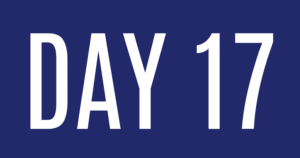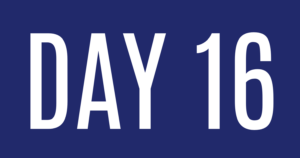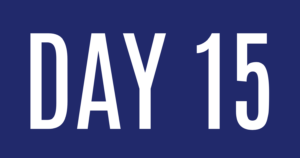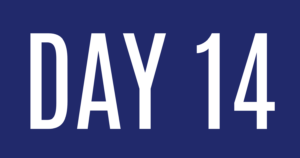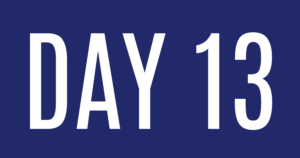
“The beauty of anti-racism is that you don’t have to pretend to be free of racism to be anti-racist. Anti-racism is the commitment to fight racism wherever you find it, including in yourself. And that is the only way forward.” –Ijeoma Oluo
There are various reasons to participate in this challenge.One reason may be to transform your culture from one rooted in a single White-dominant perspective to one where multiple cultures and ways of being and knowing can be centered. You may be looking for ways to increase representation among multiple identity groups; cultivate an authentic environment that invites inclusion, access, and belonging; and apply a racial equity lens to to your personal and professional life.
Racism is not just statistics. It can be seen and felt in belonging and displacement, the disregard of Indigenous people and exploitation of land, clutched purses, unquestioned fears, the insistence of single-language resources, underfunded public schools, health outcomes that are predicted by race, and redlining. When individuals decide to work together to be curious about our past and present, to care for our neighbors in new and renewed ways, we’ve seen how communities can and have changed to be more welcoming, safe, and prosperous for everyone.
This month, we have learned how racial inequities affect all corners of our communities on individual, institutional, and systemic levels. We are all impacted by racism in our country. We’ve also learned that we have the power and influence to do something about it. Change is possible and there are tools we can employ as both individuals and organizations to drive transformation. We will highlight a few of these tools below and encourage you to explore Racial Equity Tools, a comprehensive website of resources designed to support learning, planning, acting, and evaluating efforts to achieve racial equity.
Today’s Challenge
Read
- Work to become antiracist – learn from Ibram Kendi. Reflect on what curiosities you have after reading. https://nmaahc.si.edu/learn/talking-about-race/topics/being-antiracist
- One of the best ways to continue to build empathy and learn about race is to start a conversation. Read Race Forward’s 10 Ways to Start a Conversation About Race , then start a conversation with friends, family, school, and work colleagues. https://www.raceforward.org/practice/tools/10-ways-start-conversation-about-race
- If you have children in your life, it is never too early to begin talking about race. Explore the many resources provided by Embrace Race to start the conversation with children and youth. https://www.embracerace.org
Watch
- Learn more about how the Skillman Foundation is using asset framing in their work with Detroit Children, and watch videos from Trabian Shorters, founder and CEO of BMe Community, discuss how to put asset framing into practice. https://www.skillman.org/blog/the-power-of-asset-framing/
Discuss
- What does it mean to you to be anti-racist? Reflect on choices you make in your daily life (i.e., who you build relationships with, what media you follow, where you shop). What are small yet meaningful and intentional choices you can make to be anti-racist?
- Think about the policies and practices in your organization/company, faith community, social clubs, or another group you belong to. What changes might you recommend making to help thembecome more anti-racist ? Who are the people you could work with to take action?


